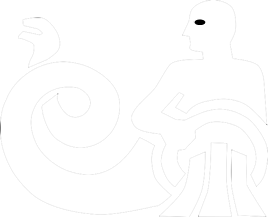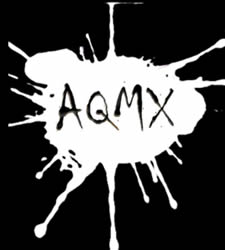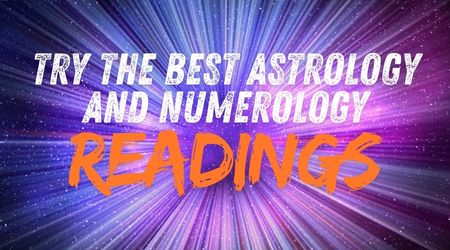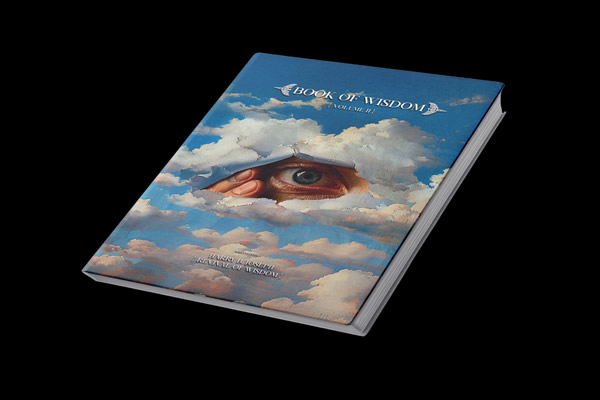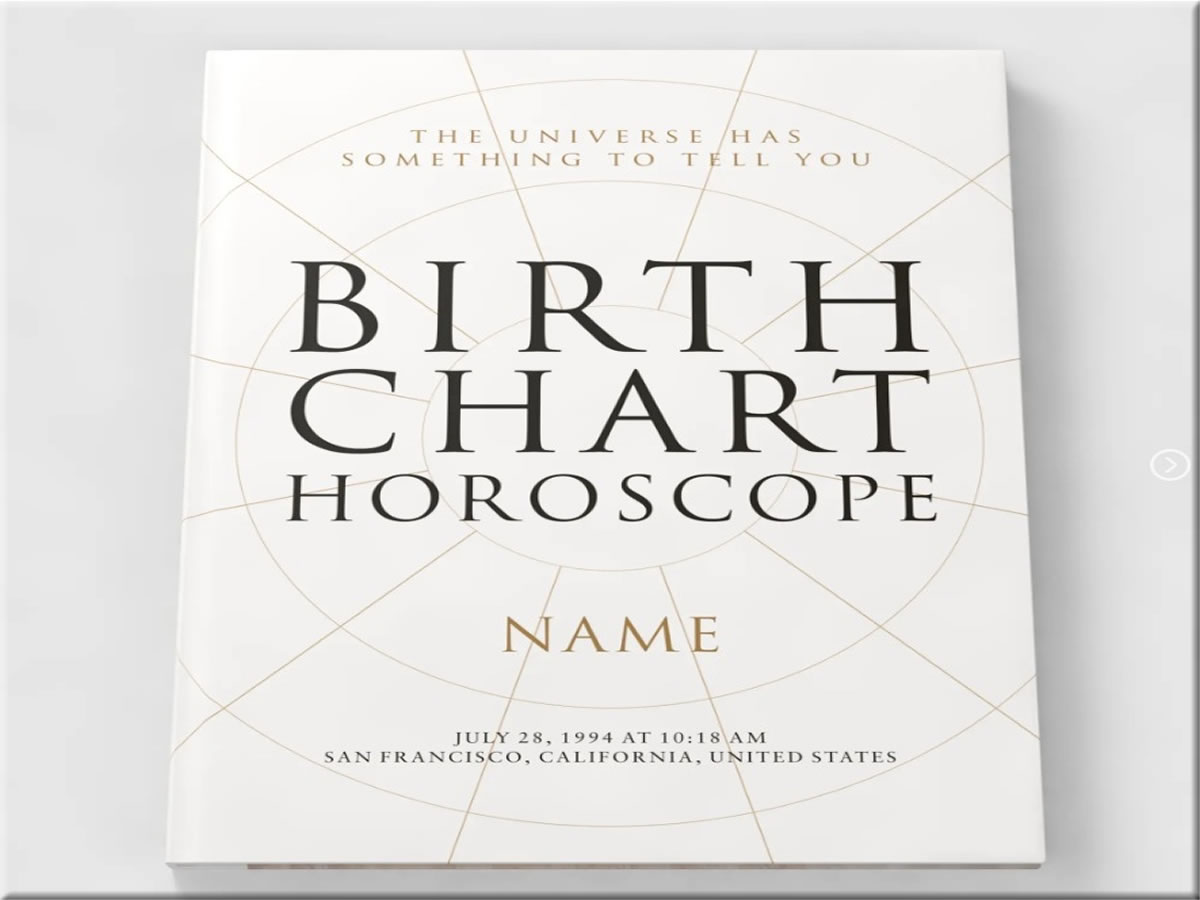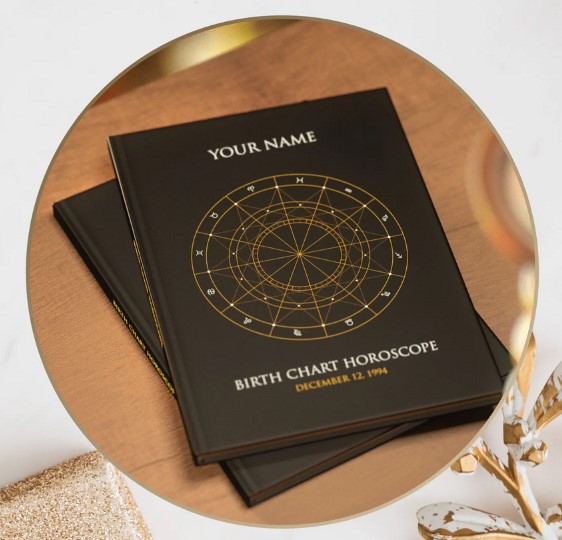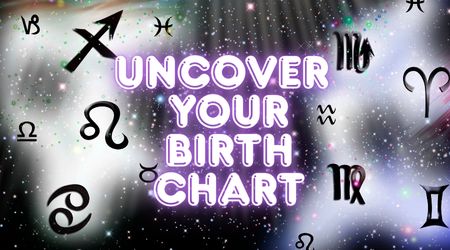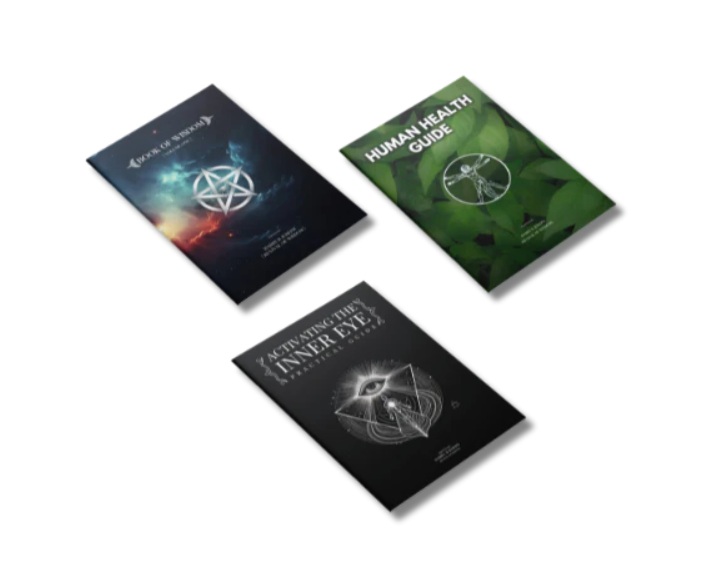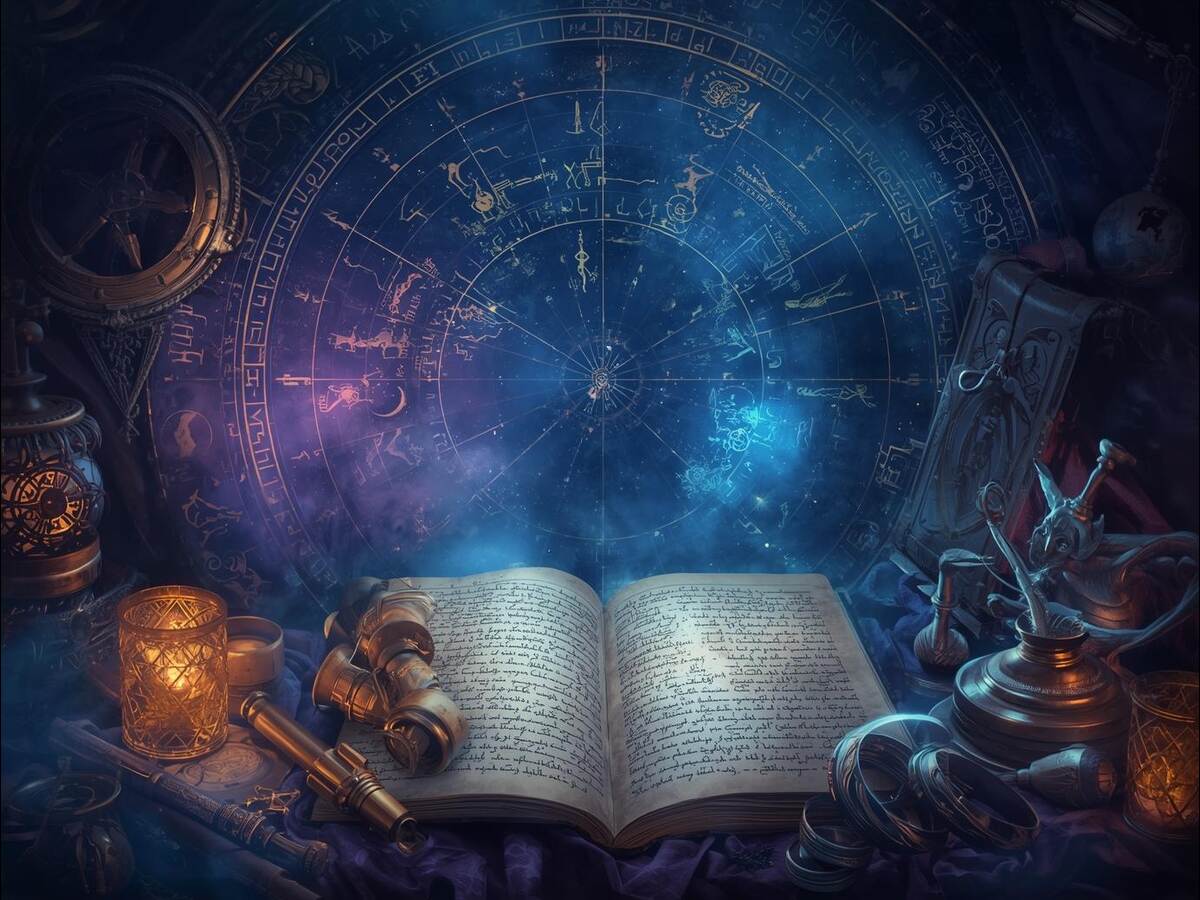
Astrology – The Forbidden Knowledge
Religious and political authorities have historically perceived astrology as a threat and persecuted its practitioners. For that reason, many cultures banned astrology and labeled it as an occult and diabolical activity. The main initiator was the Catholic Church, which severely punished those who practiced this knowledge, considering it witchcraft and heresy. As a result, astrology was transformed from a cosmic science into forbidden knowledge.
What is Astrology?
Astrology is one of the most mystical and mysterious disciplines on Earth. A cosmic knowledge that seeks to understand the correlation between the movements and positions of celestial bodies, such as planets and stars, and how they influence human behavior and events. The Latin word “astrologia” derives from the Greek word ἀστρολογία, meaning “star language” or “account of the stars.” It comprises two words, “astron” and “logia,” meaning “star” and “study of,” respectively.
Check out more videos on our YouTube channel
Astrology plays a significant role in identifying areas for improvement and working toward positive change in our lives. Exploring your astrological birth chart can give you insights into your life’s purpose, personality, relationships, and life events. By understanding astrology and its significance, you can use it as a valuable tool for personal growth and self-awareness. Therefore, it helps you better understand yourself and the world, allowing you to lead more fulfilling and meaningful lives.
Types of Astrology
There are several types of astrology, including Western, Vedic, Chinese, and Tibetan. Western astrology is the most widely practiced type in the Western world. It relies on the positions of the Sun, Moon, and planets at the time of a person’s birth. Vedic astrology originated in ancient India and is also known as Jyotish. Likewise, Vedic astrology is based on the positions of the stars and planets at a person’s birth.
On the other hand, Chinese astrology is based on the lunar calendar and assigns each year to one of twelve animals. Similarly, Tibetan astrology is based on the five elements and the eight lunar mansions.
Western and Vedic astrology differ in their calculation methods and the zodiac signs they use. Western astrology is based on the tropical zodiac, which is defined by the Sun’s position in relation to the Earth. In contrast, Vedic astrology is based on the sidereal zodiac, which considers the stars’ position. As a result, the zodiac signs used in Western and Vedic astrology differ.
Discover the New and Improved Personal Numerology and Astrology Reports. These outstanding Reports deeply explore your unique, energetic blueprint.
Moreover, there are several branches of astrology, each with its unique approach and methodology. The most popular branches include Mundane, Electional, Horary, Medical, Psychological, Relationship, and Natal astrology. Each branch focuses on a specific area or aspect of life.
The Ancient History of Astrology
Astrology is one of the oldest collections of knowledge about the stars, practiced since ancient times. Looking up at the sky, they sought answers to various questions and the causes of natural occurrences around them and in their lives. As the provider of light and warmth, the Sun was the source of life for everyone. So, they quite easily understood that the seasons depend on their planet’s position in the ecliptic.
The first observers of celestial phenomena sought to determine the impact of other stars and planets on humans and life on Earth. They developed various methods for connecting the stars and planets with environmental events. Each civilization has harmonized these methods with its culture. Over time, people have evolved and supplemented these methods, while some still fall under the collective name of astrology.
The Old Records
The earliest records show that people practiced astrology as early as the Iron Age, particularly in ancient Sumer, around 2,000 BCE. The Sumerians named many of the constellations we know today and defined the nature of the numerous bodies in the solar system. One of the earliest records of the study of constellations dates back to the time Hammurabi ruled Babylon, from approximately 1792 to 1750 BCE.
Furthermore, the Babylonians and Chaldeans, known for their wisdom, began creating the first personal horoscopes. They also started collecting vast amounts of data and created the Enuma Anu Enlil, a record of 7,000 sky and weather omens. Around 70 clay tablets detailed these omens. The region’s society used it until before 200 BCE, when the Enuma Anu Enlil reached India.
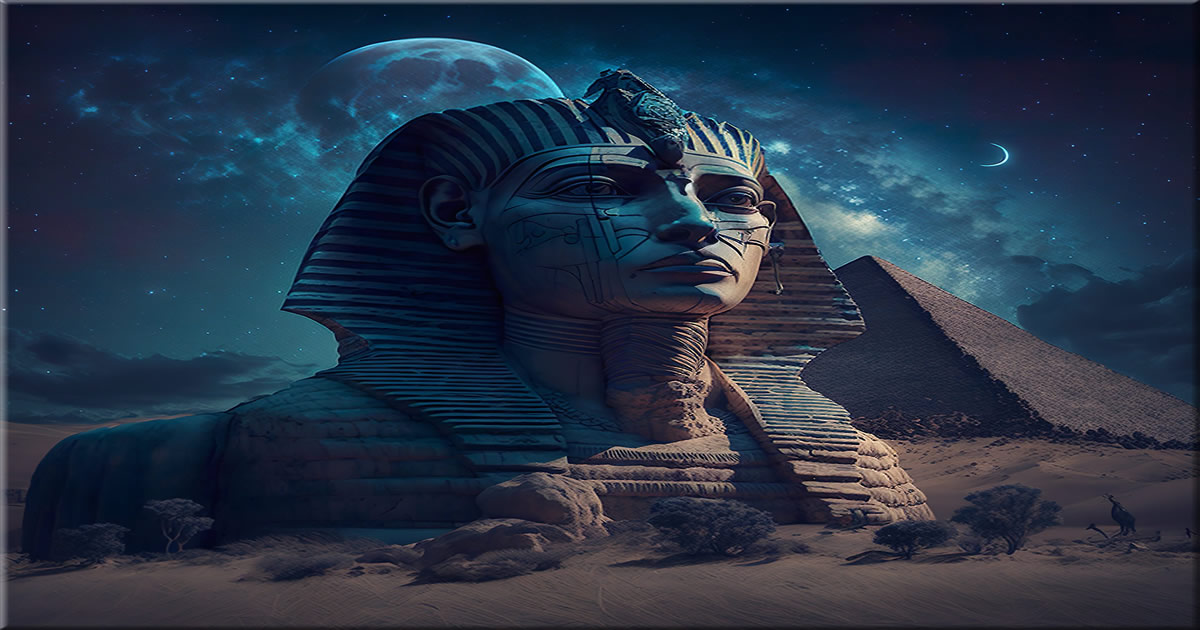
Eastern Asians have widely accepted astrological knowledge and integrated it into their religions. Chinese Taoism and Indian Hinduism are religions whose principles are based precisely on astrological and astronomical theories.
Meanwhile, in the Middle East, astrology gradually spread from Babylon to Egypt and Greece. The Egyptians were masters of astrology; they would build temples and pyramids according to the position of the stars. Modern Western astrology, as we know it today, originated in Hellenistic Egypt as a form of natal astrology.
After the Romans adopted the ancient Egyptian and Greek philosophies and beliefs, heavily influenced by astrology, the great philosopher Ptolemy synthesized Greek, Babylonian, and Egyptian knowledge to create a rationalized, unified system. The Tetrabiblos served as the foundation of Western and Islamic astrology, gaining widespread recognition during the medieval period.
The Medieval Era
At the beginning of the medieval era, the popularity of Abrahamic religions increased in the Roman Empire. In the early 4th century CE, the Romans embraced Christianity as their primary religion. Accordingly, they rejected all other religions and pagan beliefs, initiating the process of Christianization.
The growth of Christianity in the fourth and fifth centuries in the Roman Empire led to a severe crackdown on divination, magic, and astrology. As a result, these practices declined in areas where Christianity was the dominant religion.
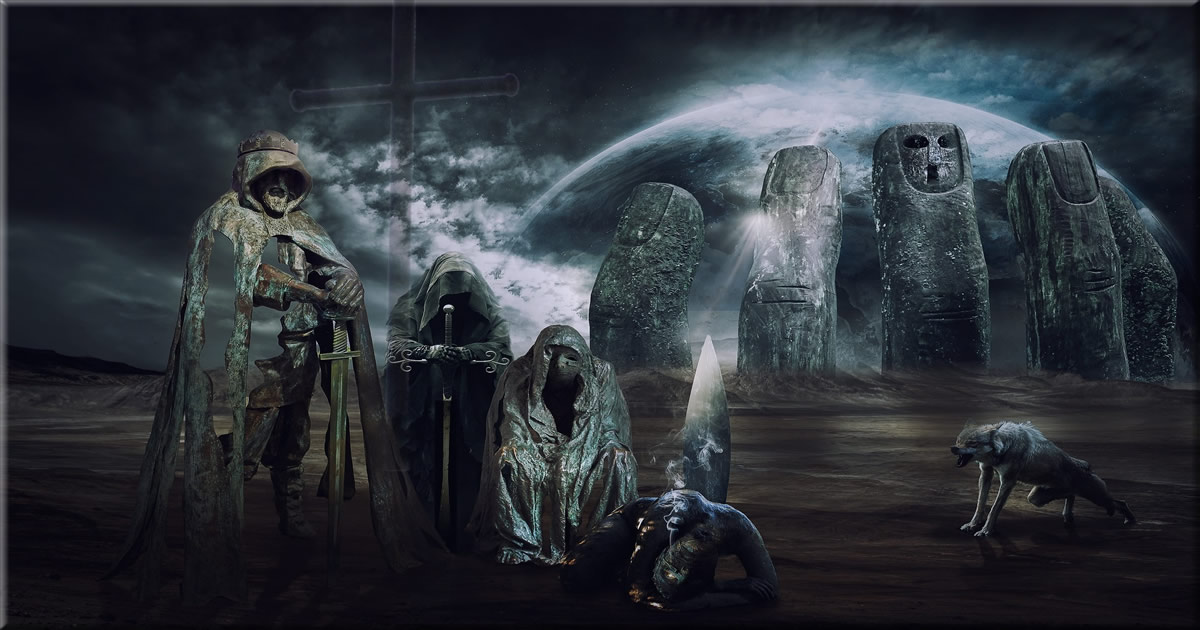
Fortunately, the Arabs preserved and built upon the ancient knowledge of astrology. During the Islamic Arab Empire’s expansion into Southern Europe, astrological knowledge was introduced too. They also developed a combination of their beliefs and the Ptolemaic system of astrology. The Arabs conquered Spain and Sicily in the 8th and 9th centuries, establishing centers of learning where subjects such as alchemy and other occult knowledge were studied. By around 1050, Europeans began translating Greek and Arabic texts, introducing astrology to the West. In the 13th century, astrology became common, famous, and widespread knowledge among the elite.
However, during the later period of the Middle Ages, the Catholic Church initiated the Inquisition to combat any belief that was not Christian, as it posed a threat to their power. The Catholic Church forced all those who did not accept its religious standards to renounce their beliefs, or else they faced punishment or execution. As a result, they caused many casualties, resulting in the deaths of hundreds of thousands of innocent people. This era will forever be remembered as the time when the dark side of the Roman Catholic Church evolved.
The Early Modern Period
The rise of the Scientific Revolution and the Renaissance marked the beginning of the Early Modern period. The Catholic Church felt threatened by new scientific discoveries that could have destroyed its religious dogma. So, it continued to carry out the Inquisition, which persecuted many scientists who studied astrology.
Between 1400 and 1700, the Inquisition tried nearly 73,000 people for witchcraft and executed 40,000 to 50,000 of them in Europe. More than half of all victims, around 22,000, were witches, wizards, astrologers, astronomers, and various other occultists.
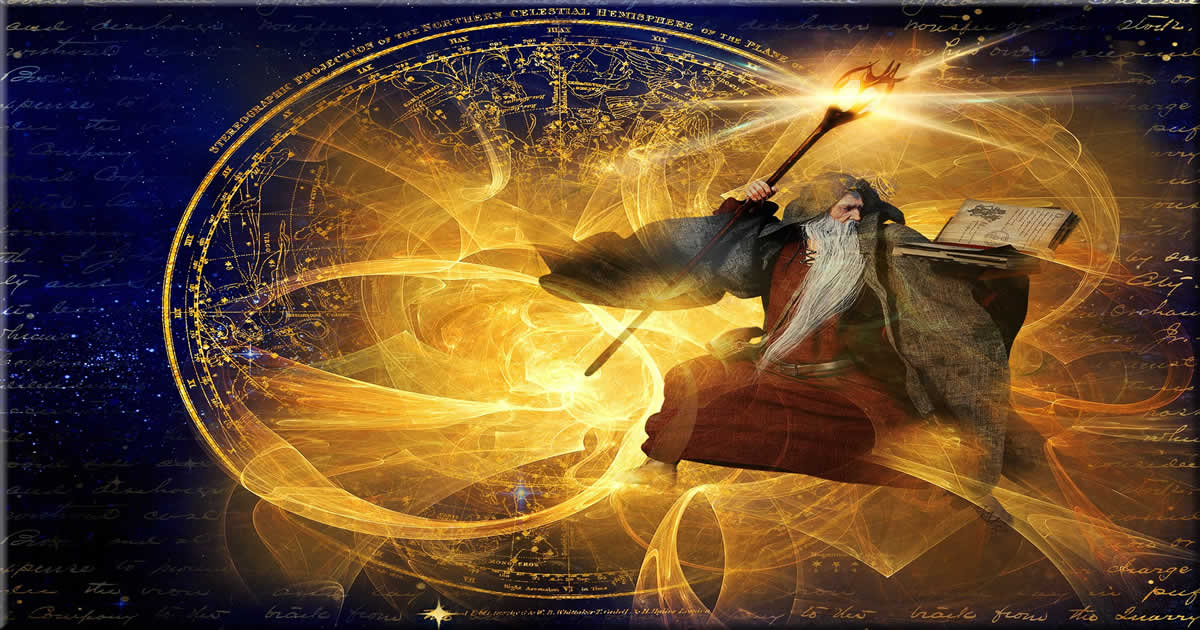
The most famous astrologer of the Renaissance, Michel de Nostredame, also known as Nostradamus, fled from the Inquisition and miraculously survived.
However, the most infamous story was in 1600 when the Italian philosopher Giordano Bruno was burned alive at the stake for supporting the Copernican heliocentric theory and, among other things, his beliefs in reincarnation. This eventually led to the trial and condemnation of Galileo Galilei by the Roman Inquisition in 1633.
By the end of the sixteenth century, the Catholic Church had condemned astrology, and it subsequently declined in Catholic countries across Europe. As a result, astrology and astronomy were separated. Astronomy became a science, while the Catholic Church labeled astrology an occult and diabolical activity, dangerous to use and prohibited to everyone of the Catholic faith.
Prohibition of Astrology
The Catholic Church has actively suppressed the advancement of astrology throughout history, limiting its acceptance as a legitimate science. They persecuted anyone who studied it, forcing them to flee the Inquisition.
But what was the real motive behind the Church leaders’ decision?
The Catholic Church prohibited the study of astrology mainly because it did not accept that planets and stars influence people, since, according to its beliefs, only God can do so. It also felt that it challenged its authority and power. So, further research and acceptance of astrology as a science would be a disaster for Catholic doctrine and the downfall of its Christian dogma.
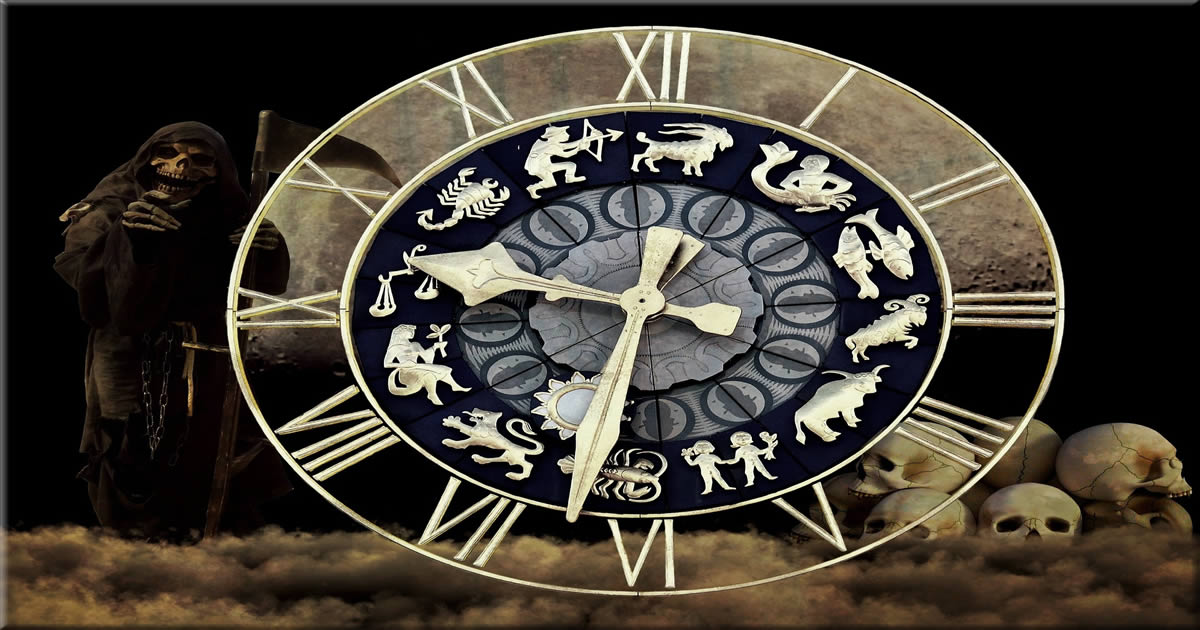
However, the Catholic Church continued to use astrology secretly for its own theological and philosophical purposes. Although they understood how astrology works, they kept it to themselves so they wouldn’t lose the religious credibility of the Christianity they had been promoting.
On the other hand, most European political regimes at the time restricted astrology and violently repressed it because individuals could have used astrological techniques to create rumors that could destabilize the government. Some leaders feared that astrologers could use their knowledge to manipulate and control others. As a result, everything related to astrology was prohibited for the general public.
The Modern History
Unfortunately, due to all those negative associations throughout history, astrology has a bad reputation today, primarily in the Western world. In the late modern period, the Catholic Church represented it as superstition, and the scientific community labeled it as pseudoscience. Ultimately, it turned into entertainment or deception, promoting various clairvoyants and tarot masters through the media.
For instance, an ordinary daily horoscope in the newspaper has nothing to do with actual astrology. Astrology is much more intricate than that, involving the analysis of several different factors. From an astrological perspective, it is believed that the influence of constellations and the solar system lies behind every religion’s concept of a God.
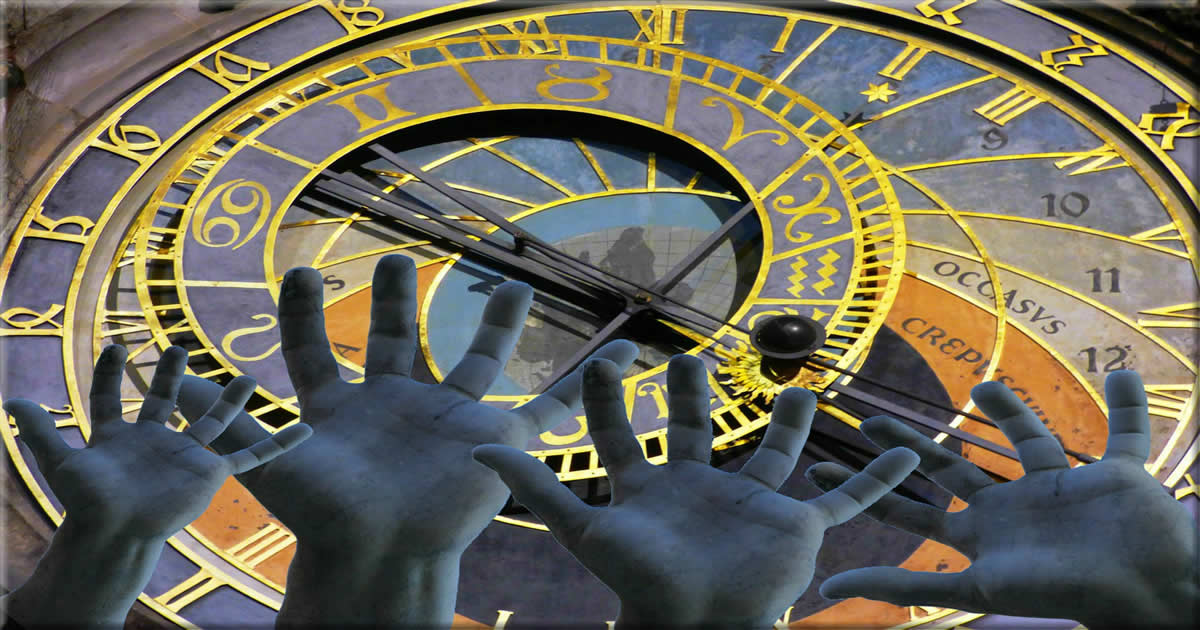
Today, many websites and portals on the internet have numerous texts written by opponents and dissenters of astrological knowledge. For that reason, many people misunderstand astrology and its significance, leading to unfounded criticism. Most people have no idea what astrology is, or their views stem from a combination of religious and scientific perspectives. Still, despite baseless rumors, astrology gained wider acceptance as a popular form of divination and self-discovery over time.
The Age of Aquarius
After more than 2,000 years, Earth is approaching the entrance into the Aquarius constellation, more famously known as the Age of Aquarius. This age marks a period of profound change and spiritual transformation for humanity. It also signifies a shift towards greater individual freedom, progress, and higher consciousness. People’s awareness has changed drastically after the appearance of the first few generations of Starseed Children.
The belief is that Starseed Children incarnate in this world to aid humanity in its healing and thriving. They are unique children who naturally align with the “New Age” beliefs, as defined by their esoteric nature. Most are free-thinkers and truth-seekers who do not want to be enslaved to some imposed religion or political system because they are born exclusively to fulfill their life purpose by contributing to the Age of Aquarius.
Volume 2 continues the profound themes introduced in the predecessor even deeper into the complexities of existence and the pursuit of knowledge, encouraging readers to question established beliefs.
Today, with the advent of computers and the Internet, Starseed Children have connected globally. As a result, astrology and other forms of esoteric knowledge are regaining popularity and gaining widespread recognition. Many people are increasingly seeking professional astrologers as advisors and psychologists to answer various questions, valuing their expertise in these areas.
On the other hand, Catholics and other religious institutions are increasingly losing power and authority. Old beliefs will be destroyed, and the world’s largest religions and political regimes will decline globally. The truth will come to light, and the ancient beliefs and structures will collapse, marking the beginning of the Age of Aquarius.
Related Topics


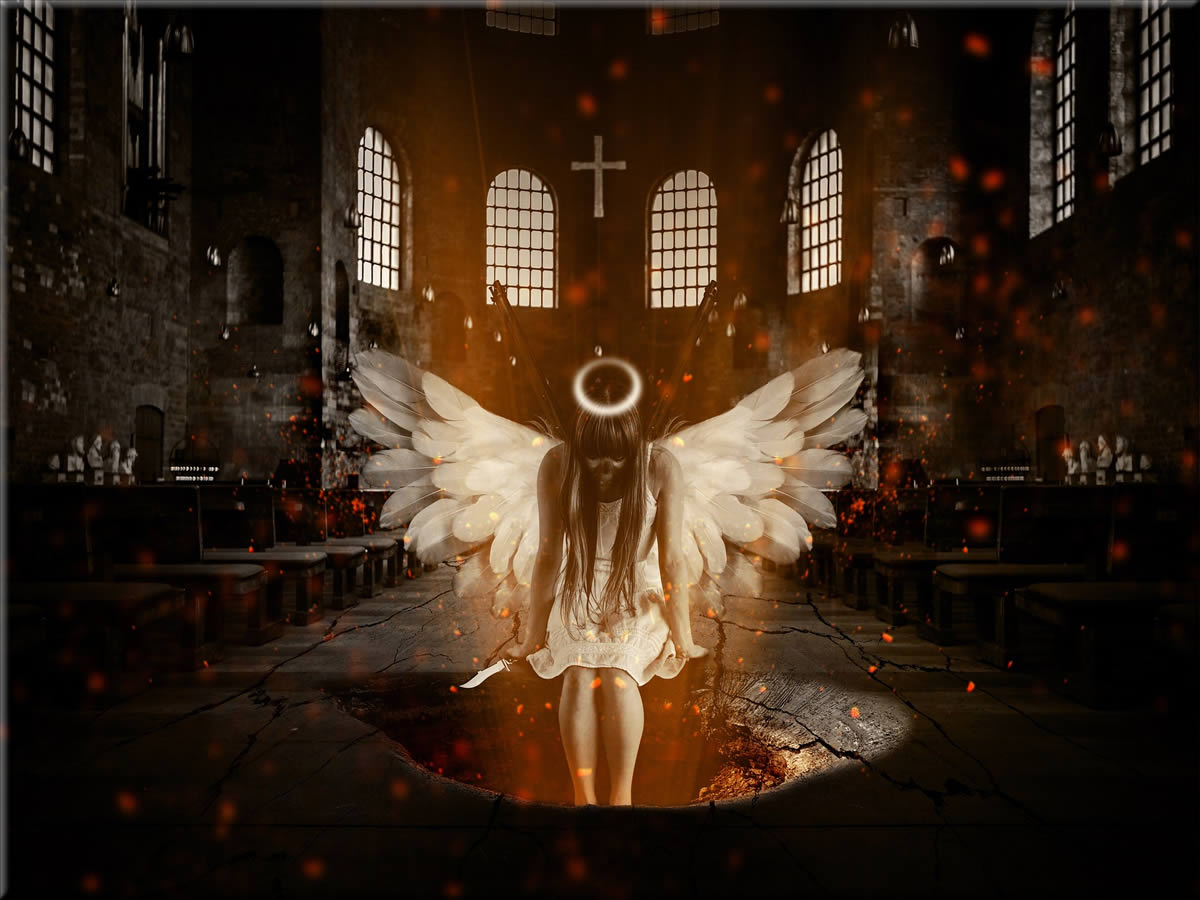
Discover more insights in the Astrology category.
